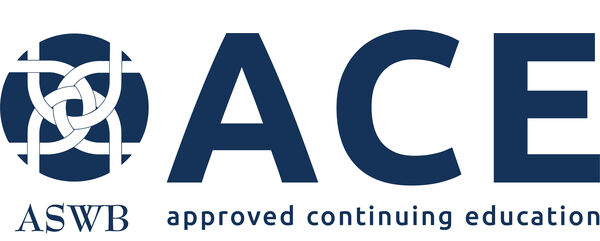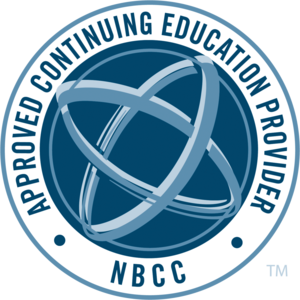Pandemic Ethics: Rethinking Rights, Responsibilities and Roles in Social Work (1 credit hour)
Program Summary: This course explores the ethical challenges experienced by social workers during the Covid-19 pandemic and offers a framework for understanding ethics during a time of crisis. Four broad responses to ethical challenges were identified and include ethical confusion, ethical distress, ethical creativity, and ethical learning. The course highlights the efforts of social workers to practice ethically during this time of change and introduces concepts of ethical agency, slow ethics, and professional judgement.
This course is recommended for social workers and is appropriate for beginning and intermediate levels of practice. This course is not recommended for NBCC ethics credit.
Reading: Pandemic ethics: Rethinking Rights, Responsibilities, and Roles in Social Work by Sarah Banks and Nikki Rutter- open access
Publisher: Oxford University Press; British Journal of Social Work
Course Objectives: To enhance professional practice, values, skills and knowledge by exploring ethical challenges and responses during the Covid-19 pandemic
Learning Objectives: Compare ethical confusion, ethical distress, ethical creativity, and ethical learning. Give an example of ethical agency. Describe the concept of slow ethics.
Review our pre-reading study guide.
G.M. Rydberg-Cox, MSW, LSCSW is the Continuing Education Director at Free State Social Work and responsible for the development of this course. She received her Masters of Social Work in 1996 from the Jane Addams School of Social Work at the University of Illinois-Chicago and she has over 20 years of experience. She has lived and worked as a social worker in Chicago, Boston, and Kansas City. She has practiced for many years in the area of hospital/medical social work. The reading materials for this course were developed by another organization.





